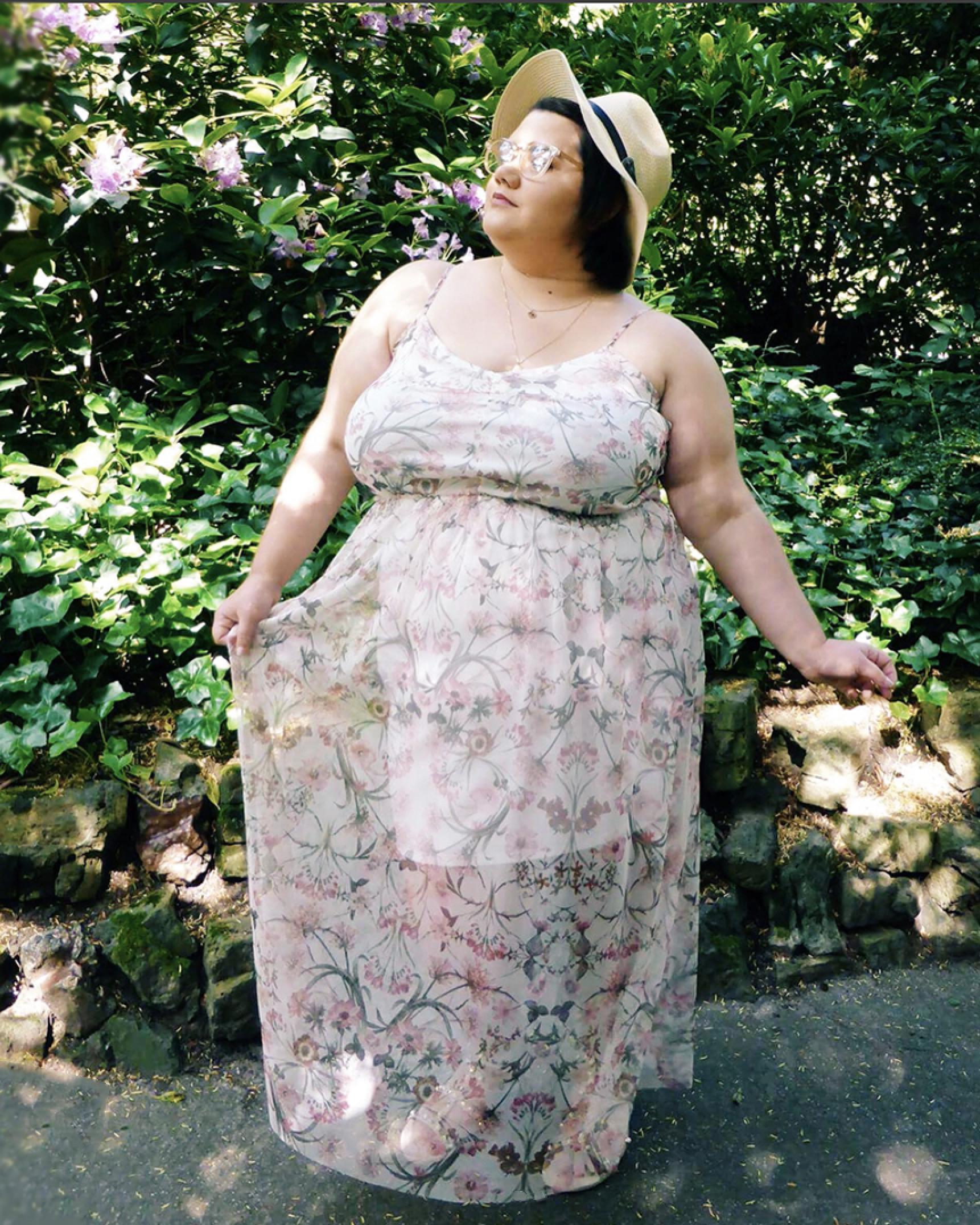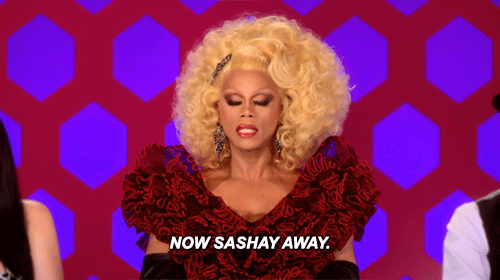Is It Time We Started Acknowledging Pretty Privilege?
What age do girls start to realise the importance of being pretty? For as long as I can remember, I’ve been encouraged to have a feminine aesthetic, whether that be with the use of eyeliner and shaved legs, or Barbie dolls and pink ‘girly’ (see: gendered) clothing. From a young age, it becomes apparent that people – although, in my experience, girls in particular – are divided into the ones who are pretty and the ones who aren’t. Or, as some would say, the ones who matter and the ones that don’t. Pretty privilege is drilled unknowingly into us all.
But prettiness is subjective, right? So how can pretty privilege be a thing? While that is true, it’s important to realise we are talking about stereotypes here. We are talking about the way ‘pretty’ people are generalised, and automatically ranked higher than other people, regardless of who is actually a better person.
Scroll through #growingupugly on Twitter and you’ll be bombarded with stories of less attractive kids having their self-esteem tampered with. Common examples include getting asked out as a joke, because who the hell would actually want to date you? Having to laugh it off, although it did start to hurt when it happened all the time. Being unofficially assigned position of ‘the funny friend’ because your looks were never going to keep you around. The list goes on.
These are all relatable stories for the kids who weren’t their school’s head-turners, getting hundreds of likes on each Facebook profile image and getting every boy’s number at the snap of their fingers. However, despite our experiences, apparently being pretty doesn’t get you anywhere.
‘Pretty privilege is bullshit. It’s just ugly girls getting jealous that they can’t get a boyfriend and I can,’ said a rather irritating girl in my English class at school. This is the same girl that was described as hot, while wearing hot pants on the school Spain trip, whereas any girl ranked under a 7/10 by the local fuckboys were told to change into something more respectable.
But of course, Queen Bee knows best, right? Obviously, the prettiest girl in the class is the one to ask about having the shit ripped out of you as a result of your appearance. Is it a coincidence that I’ve only ever heard beautiful, slim, white, cis girls say that pretty privilege doesn’t exist? I don’t think so.
The thing is, if you have a certain privilege, often you can’t see it. As a white person, I take for granted the privilege my skin colour gives me. Sure, I could claim that being black or white would make little difference to my life, but even if that were true, who I am to decide that? I don’t know what it’s like to experience racism. Does a pretty person know what it’s like to be bullied for your bad skin, imperfect figure or unfeminine physique?
Research has shown that pretty people are more likely to get hired than competitors who are less attractive. Pretty students are also graded higher – never mind whether they are actually more intelligent.
Am I trying to make pretty people feel bad? No, of course not. I don’t want anyone to feel bad about themselves, so why would I try and tear pretty people down when, actually, it’s more about raising everyone else up? I think we all want to feel pretty, ultimately. We just need to broaden this definition. Ugliness does not correlate with weight, height, skin colour, or anything else that is too often held against us.
The moral of the story here is listen to people. Don’t just ignore somebody’s story because you can’t relate. If you are not in a position where you know what it’s like to be made insecure about the way you look, you are not in a position to shun pretty privilege. Whilst we're on the subject, similarly, this correlates with regards to thin privilege, too. Any privilege, in fact.
I don’t want your pity – I know I’m fabulous, regardless of the labels society wants to put on me. I don’t need anyone to cry me a river over those awfulschool photos my mum still hangs on the wall. I just want your time. If you step into a conversation unwilling to listen to another person’s point of view, you will never learn. The first step to eradicating ignorance is to admit what you take for granted in the first place. I have plenty of privileges which I can go days, even weeks, without thinking about. What are yours?








